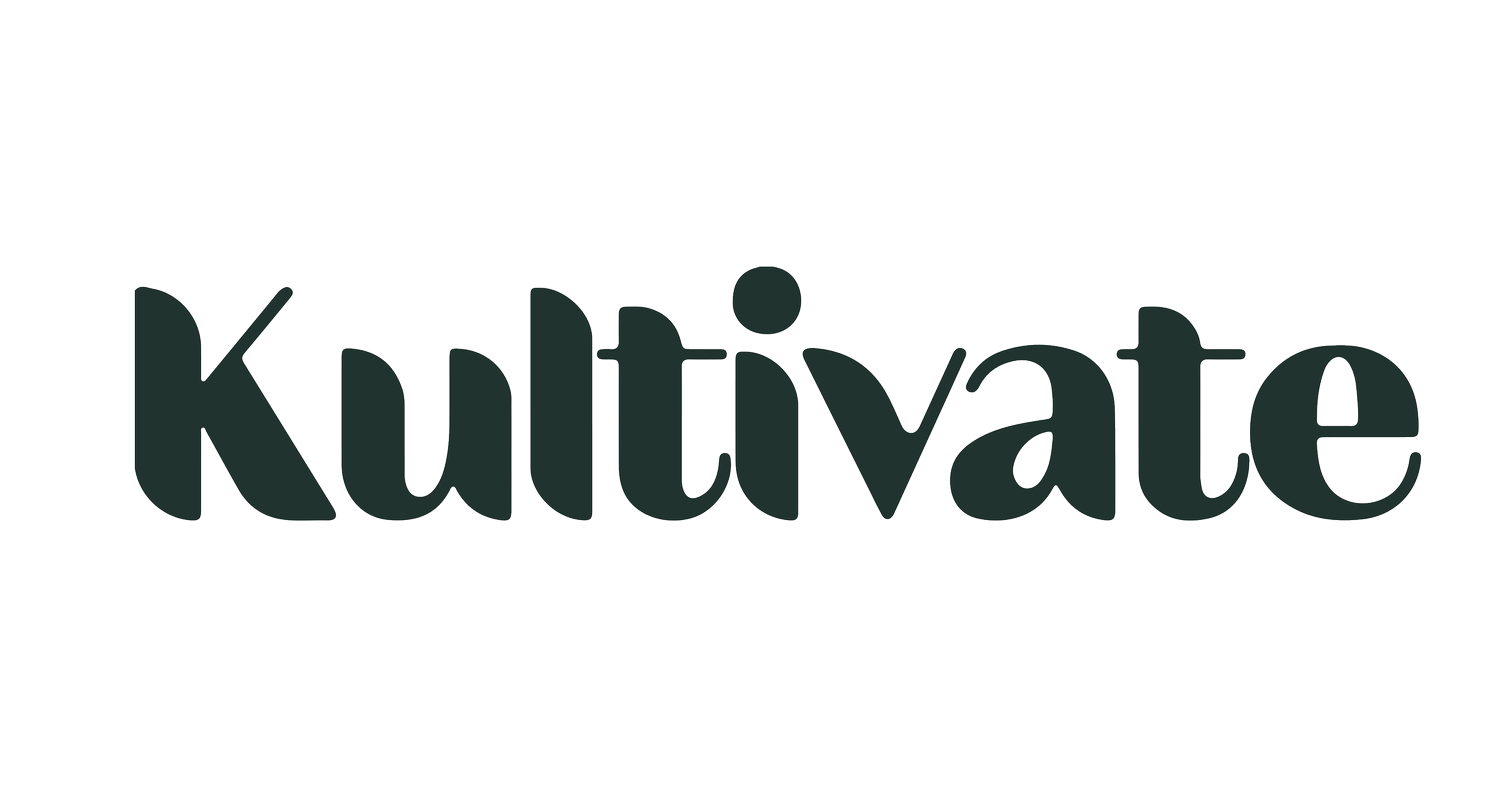Make the most of the online disability community
[4 minutes read]
A few of my clients recently tolds me about the negative experiences they had with other disabled people, mostly online. The online space is filled with wonderful things and people, but it is also, just like our real world, filled with ableism, trauma and internalised ableism.
My personal experience with the disability community has been dotted with wonderful moments of joy, acceptance, understanding, camaraderie, validation, and bonding, while sprinkled with the exposure to internalised ableism, trauma dumping, inspiration porn, anger, and even bullying.
It took me a few years to learn how to manage the complexity of the online disability space. I am still learning of course, especially within the rapidly changing online world, yet the following tips can be useful as a guide for any online space you are in or considering joining.
Spot the ableism - before or upon joining an online space or group, spend some time observing the content others are creating or sharing. Ableism without warning, or internalised ableism that goes unacknowledged, are red flags. For instance, I recommend staying away from a group filled with people sharing their grief about their children being disabled.
Search for balance - online (just like physical) spaces for disabled people should have some balance between the hard stuff like discrimination with the beautiful stuff like disabled pride or joy.
Check who has created and manages the space - online spaces created by and for disabled people are more likely to be useful for fellow disabled people. They are more likely to be balanced, and add value to your disabled life.
Set yourself some guiding principles - to manage the ableism you inevitably will come across. For instance, avoid looking at particular groups after dark, to make sure you don’t get intense emotional responses before bedtime. Other principles you can consider are calling out ableism only when you have available support through the day to debrief.
Know when to leave - give yourself permission to leave a space at any time if it stops being useful for your wellbeing. There is nothing wrong with unfollowing someone or leaving a group that makes you feel worse or is contributing to your internalised ableism for instance. It is useful to think about the big picture. If you leave most spaces, it may be useful to search for an alternative to make sure you stay connected and well.
The online space has given so many of us the ability to connect with fellow disabled people, to learn about ableism, find our voice, form friendships and nurture our special interests.
If you are looking for a safe and nurturing space to connect with other disabled people, check out our groups here and register your interest to join the next one.
You deserve to feel safe and connected, no matter where you are.
Liel Bridgford
Psychologist, Writer, Educator
Kultivate Founder & Director
